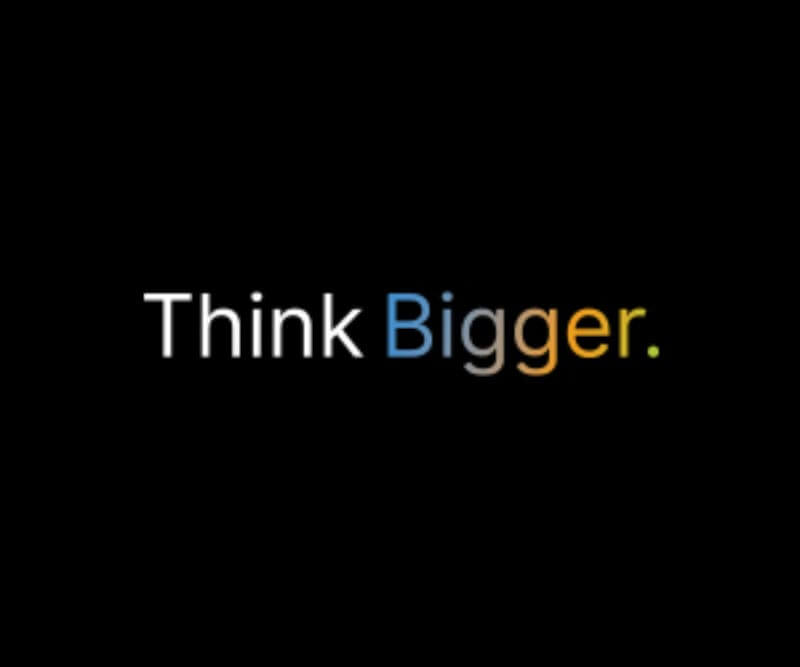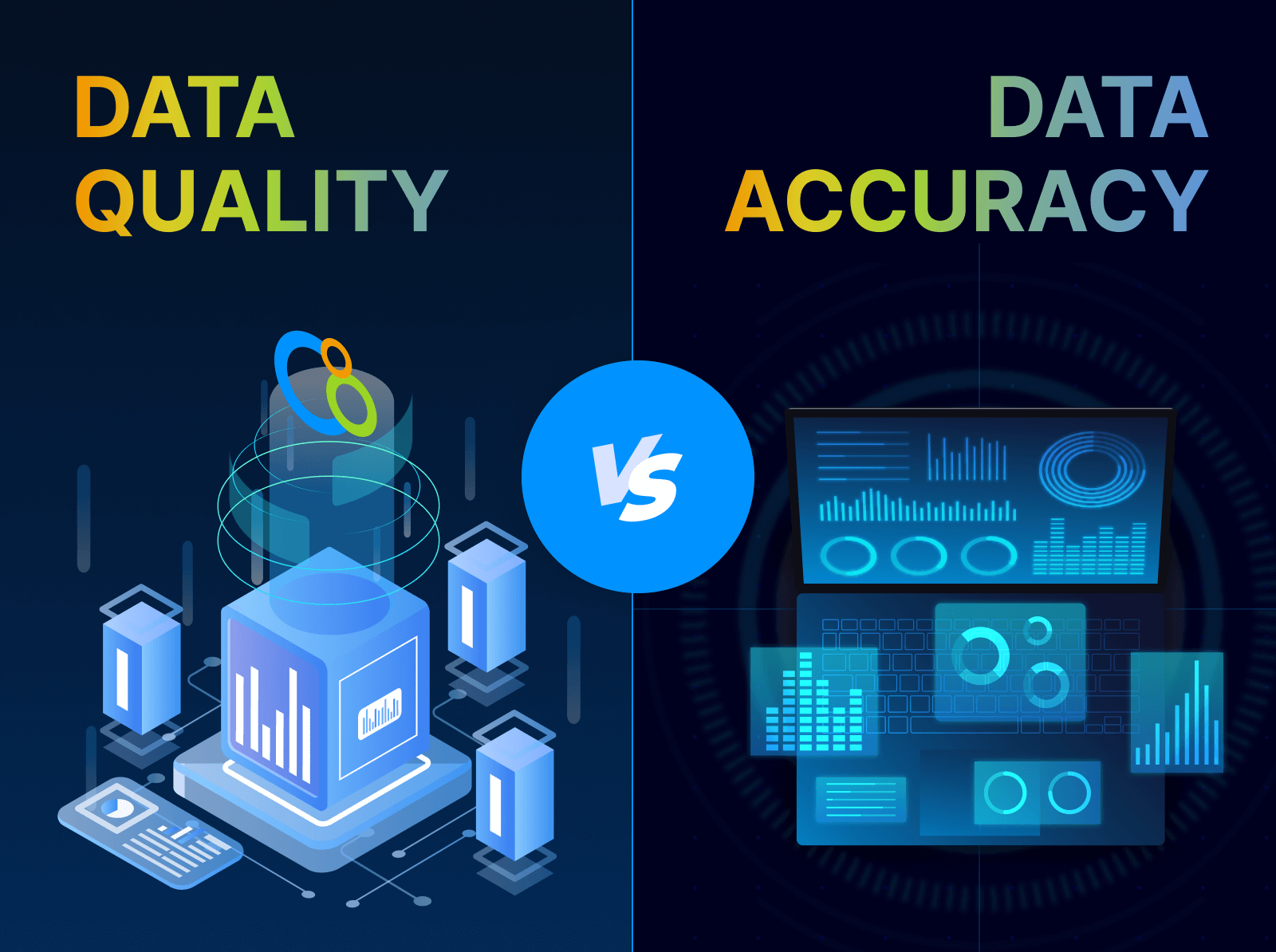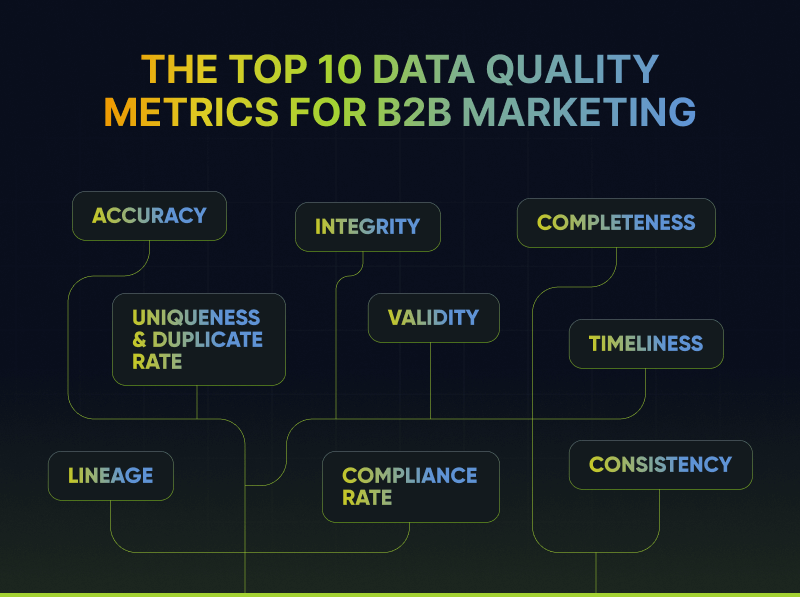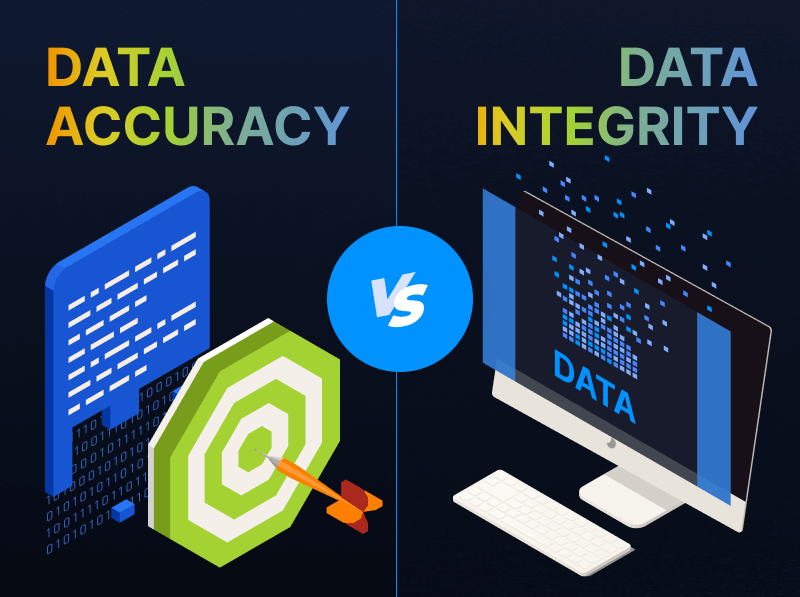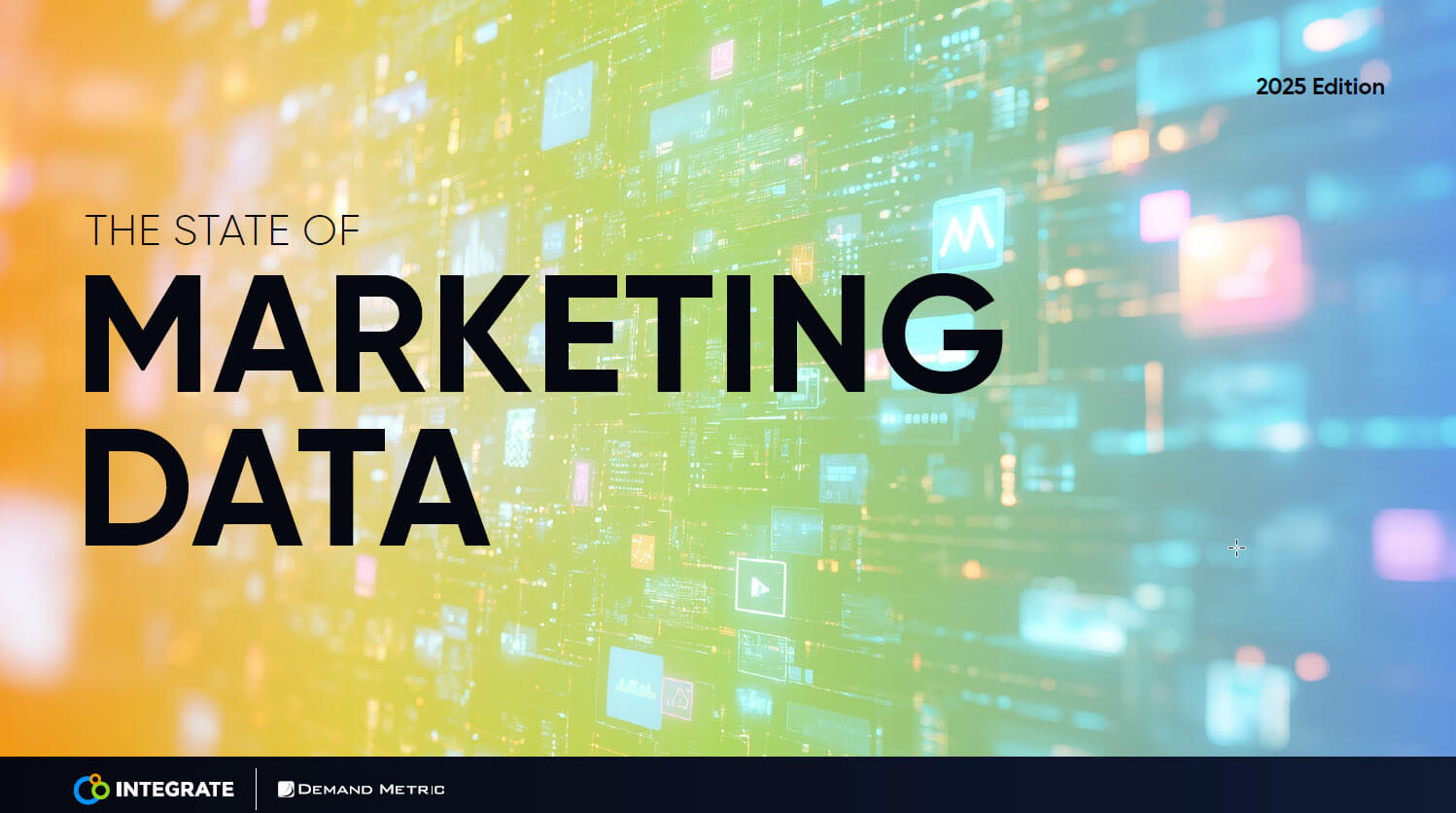Introducing Marketing Orchestration
Over the last 20 years, B2B marketing has undergone significant change. Technology has evolved, and as marketers we’ve had to constantly transform our ways of working, learn new skills, and adopt new tools.
Twenty years ago, there was no central record for customer data, no single source of truth. One department would sign-up a customer, but that person would still receive marketing materials from another department. This was hugely inefficient and ineffective.
Today, we know this software as a CRM. It takes all the fragmented bits of customer data and puts it into one platform, giving you a single, unified view of the customer record.
Ten years ago, the customer journey was just as disconnected. You’d collect a lead, then you needed to nurture that lead towards a sale. This journey was spread across dozens of different solutions, spreadsheets, and teams.
Then came Marketing Automation: technology that takes all the fragmented parts of the route to purchase, and puts them together into one streamlined, joined-up customer journey.
Now, what’s left? Where does that fragmentation, inefficiency and ineffectiveness remain today? Right at the top of the funnel – at lead generation.
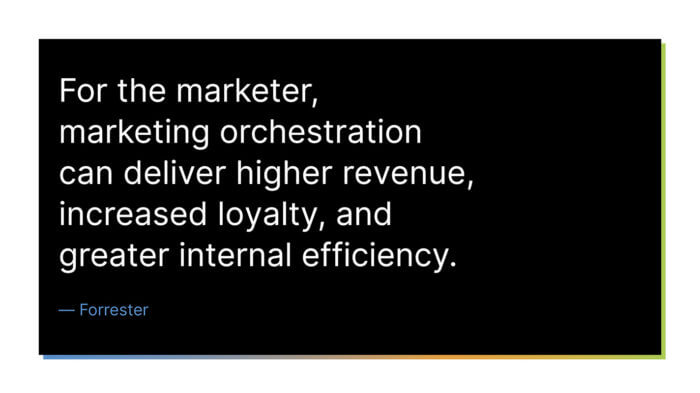
And that’s where marketing orchestration comes in.
Marketing orchestration provides the opportunity to consolidate all that lead generation activity into a single, unified customer experience. It enables marketers to connect the dots between different customer acquisition channels, across different tools and campaigns.
It means marketers can improve the quality of lead data going into their systems, providing them with a robust foundation of prospect data on which to plan, build and execute their marketing campaigns.
What’s so important about marketing orchestration?
You might be familiar with Scott Brinker’s marketing technology landscape slide, the MarTech 5000. The marketing technology landscape has snowballed––in 2011 there were just 150 solutions on the graphic; today there are more than 7000.
Businesses are wrestling with dozens of disconnected tools and technologies. For example, today if you meet someone at an event and collect their details, you can’t retarget them with a digital advertising campaign.
With marketing orchestration, you can.
To understand how it can help you, we’ve put together an introductory guide to marketing orchestration, covering what it is, who can benefit, and how it can transform B2B marketing.
